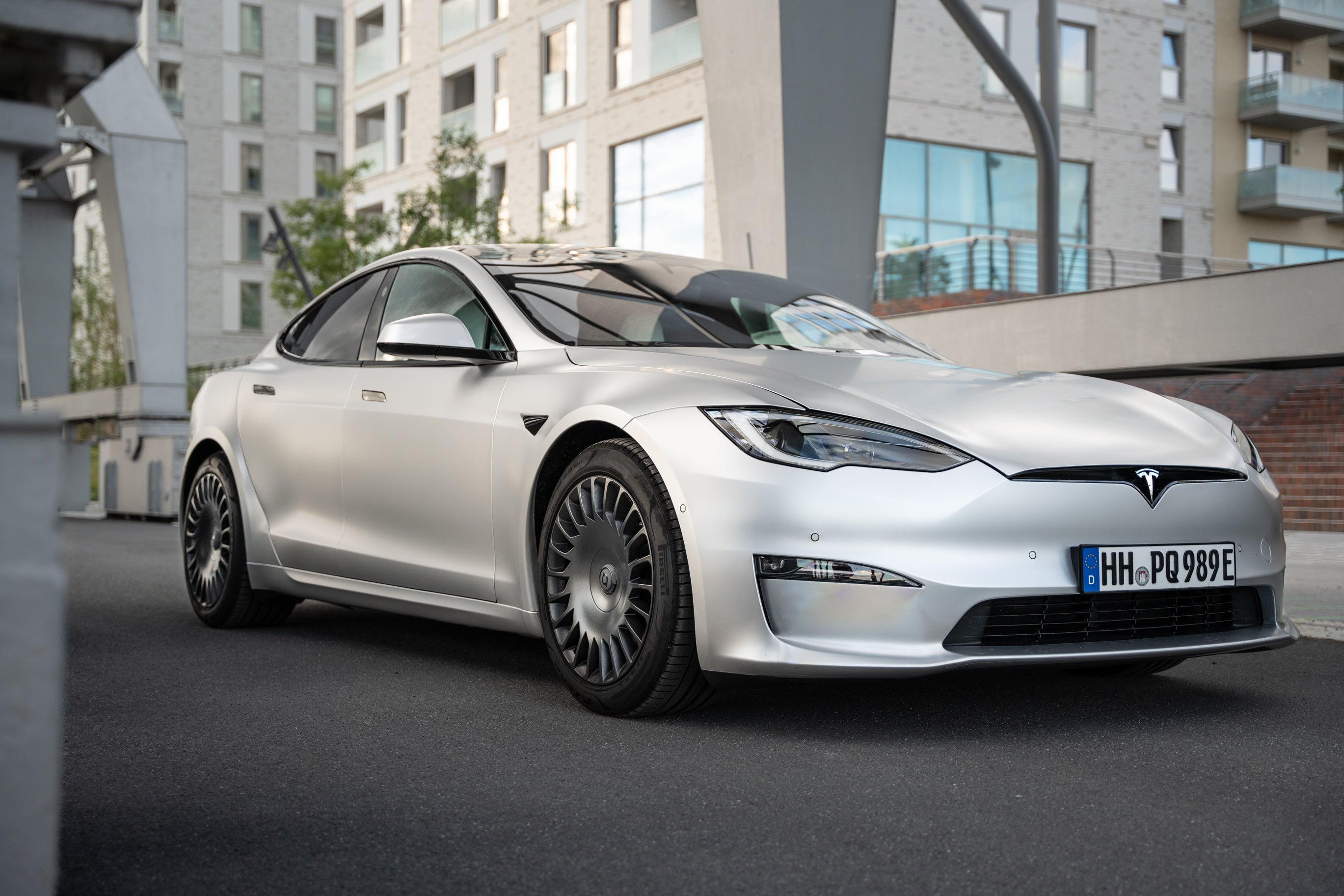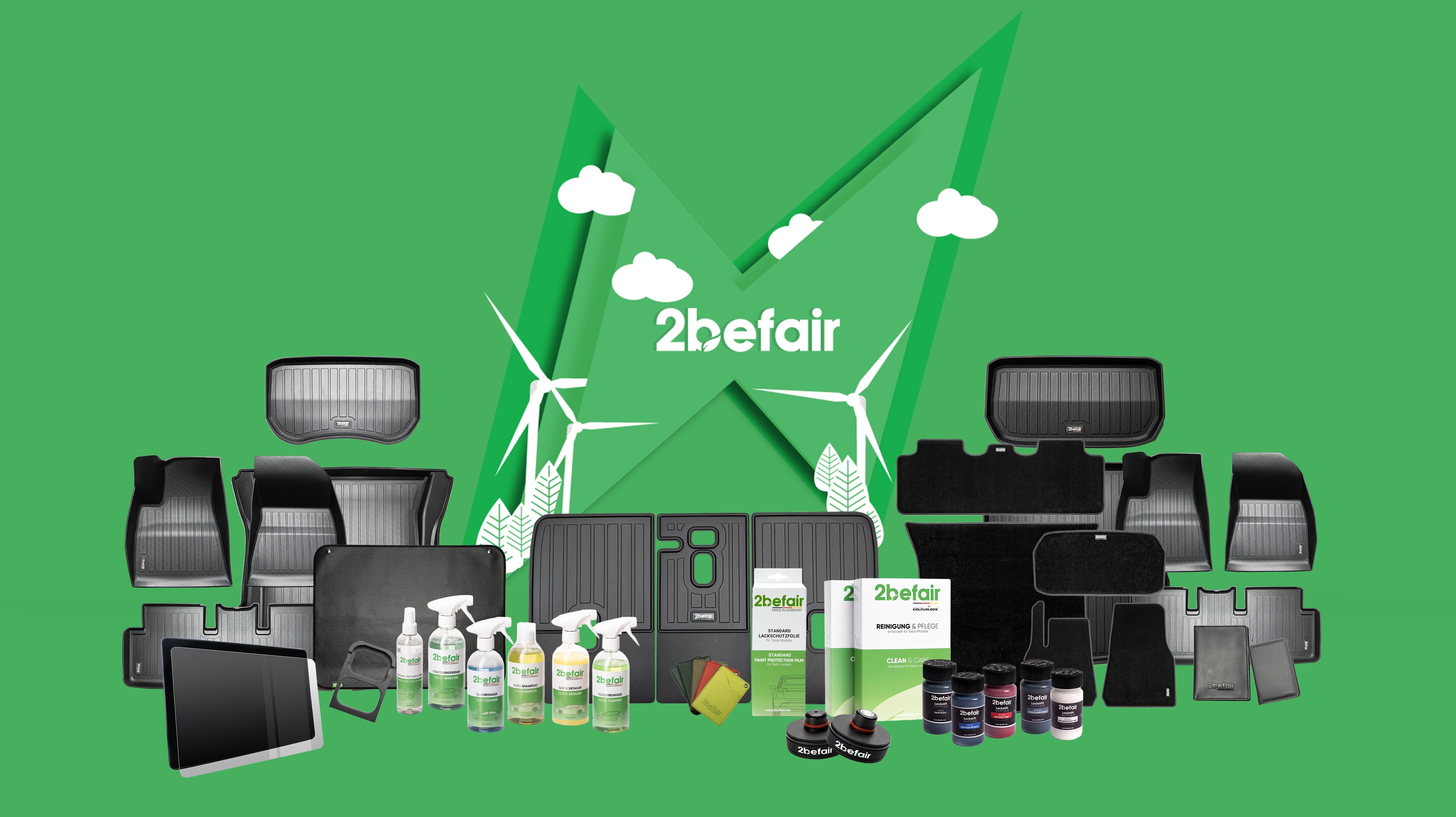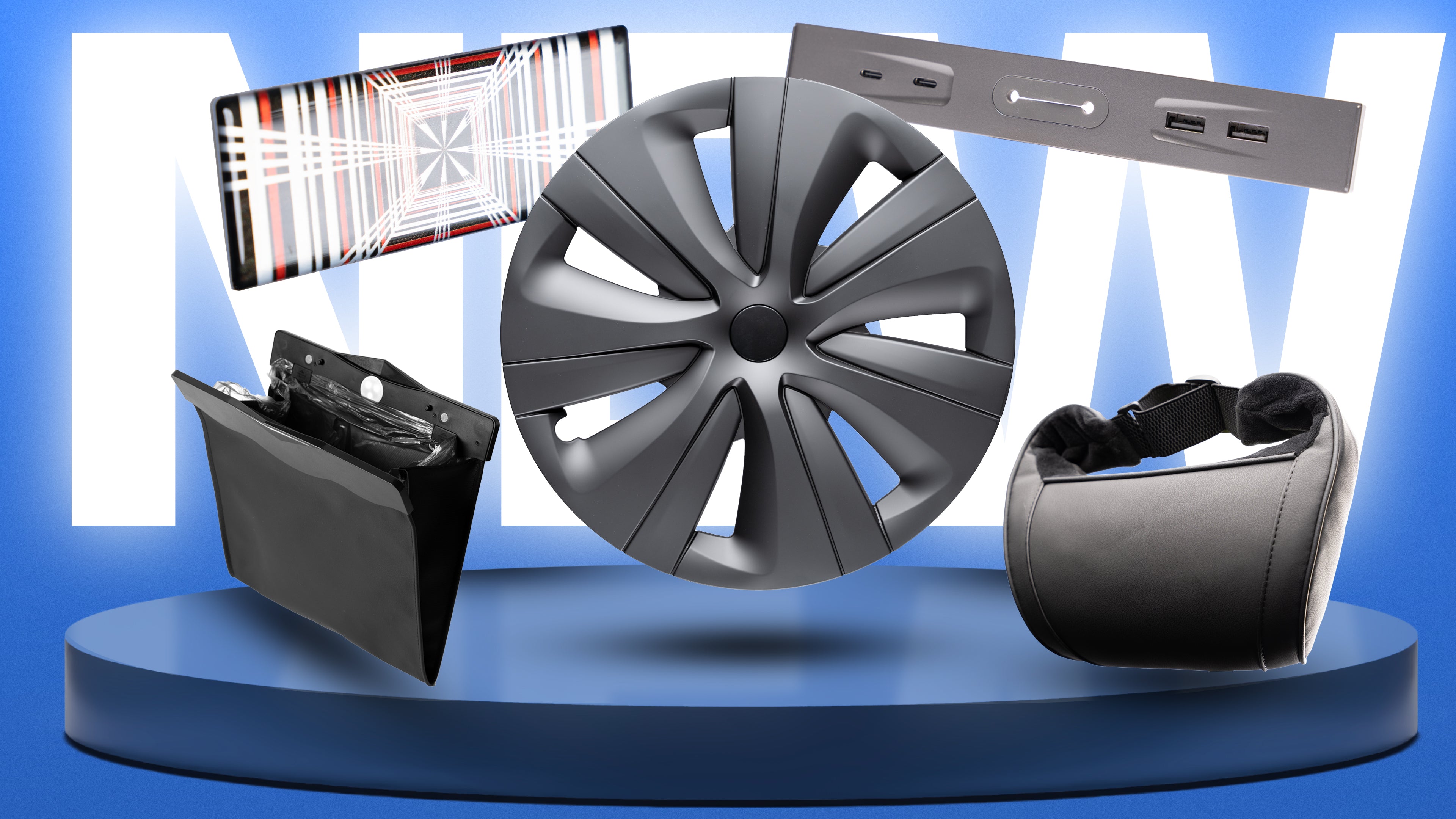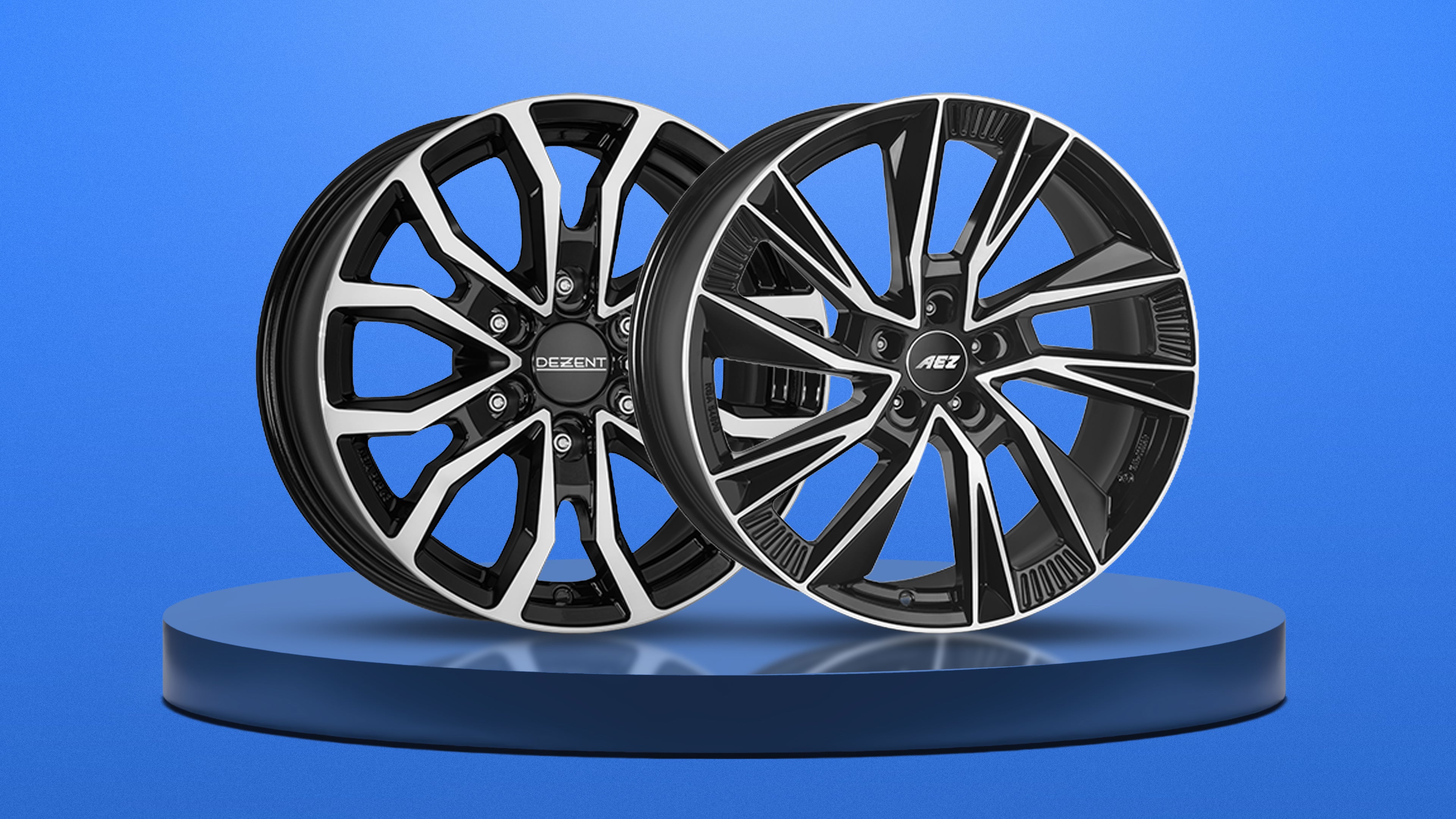The market for used electric cars is growing steadily. Now that the tax benefits and subsidies have put many electric vehicles on the road, many of these vehicles are ending up on the used car market after the minimum holding period. But when buying a used electric car, be it a Kia EV6, a Volkswagen ID.3 or a Tesla Model 3, one important question is particularly relevant:
What is the condition of the battery?
We'll show you how to avoid nasty surprises and stay safe when buying a used electric car.
1. Manufacturer's warranty: your safety net
The battery of an electric car is the heart of the vehicle and also the most expensive part. Most manufacturers provide a warranty to ensure that a large part of the battery capacity is retained after a certain mileage. At Volkswagen, for example, this guarantee is eight years or 160,000 kilometers, whereby at least 70% of the original capacity must be retained. This warranty offers you a certain degree of security if you buy a used battery. However, it is important to know that after a replacement or repair, the battery may no longer have the original capacity, even if it meets the warranty requirements.
Tesla offers a similar warranty for its batteries. For the Model 3 and Model Y guaranteed Tesla eight years or 160,000 kilometers, depending on the model. These warranties are important to give you peace of mind when buying a used Tesla.
2. How often do battery problems occur?
The reliability of batteries in electric cars is a common issue. With the Renault Zoe, the failure rate within the warranty period is around one percent, which indicates that the batteries have a long service life. Even with Tesla reports of battery problems are rather rare and often limited to specific circumstances or production faults.
Despite these positive examples, there is not yet enough data to give a reliable long-term assessment of the batteries. Buyers should be aware that data is still limited and individual experiences may vary.
3. On-board diagnostics: A first indication, but not enough
The on-board diagnostics of your electric car can provide a good initial overview of the condition of the battery, as it displays error messages and the current battery status. However, do not rely solely on these diagnostics. The manufacturers decide which data is released and not all relevant information is always available.
For a more comprehensive assessment of the battery condition, it may be useful to have additional tests carried out.
4. Certificates and professional tests: your options
There are various companies that offer specialized battery tests to provide a more accurate analysis of battery condition. Providers such as Aviloo, Twaice and Mahle Volytica offer such certificates. These tests can cost between 99 and 150 euros and provide more detailed information than on-board diagnostics.
5. Future outlook: Regulations and standards
There are currently no binding regulations for battery certificates in the used car trade. However, it is expected that the introduction of the Euro 7 emissions standard from the end of 2026 will also bring with it binding specifications for battery life for electric cars. This could lead to sellers being obliged to issue detailed battery certificates in the future.
On sales platforms such as Mobile.de, only around five percent of used electric cars on offer have a battery certificate. This shows that such certificates have not yet established themselves as standard, although they could offer potential buyers security.
6. Tips for caring for the battery after purchase
After buying a used electric car, there are a few things you can do to prolong the life of the battery. Avoid regularly charging the vehicle to 100% and leaving it with a full battery for long periods of time. Ideally, keep the battery between 20% and 80%. In addition, the car should not be charged quickly in extreme temperatures to protect the battery.
In summary, when buying a used electric car, it is important to check carefully and take precautions. The battery is a decisive factor, and it is worth investing in professional tests and certificates in order to enjoy the vehicle in the long term. Whether you are looking for a Tesla Model 3, Model Y or another model, the correct inspection and care of the battery can make a big difference.


































